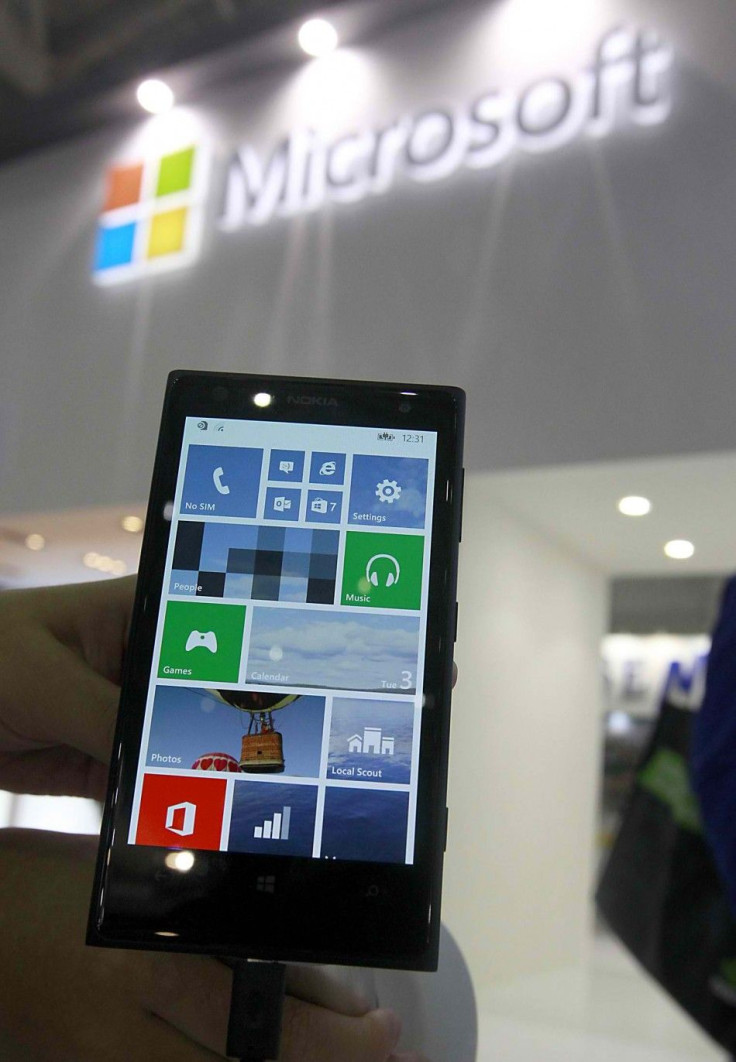Nokia Android phones leaked: Two new handsets could be out early next year

Nokia’s new Android smartphone was seemingly benchmarked about a couple of weeks ago. The new handset is currently under the “Nokia Pixel” moniker, but a name change is expected once Nokia makes it official.
Geekbench initially released the information regarding the so-called Nokia Pixel. The new phone is said to be powered by a Qualcomm Snapdragon 200 dual-core processor that clocked in at 1.19 GHz during its test. It also comes with an Adreno 302 GPU and 1 GB of RAM. The Nokia Pixel features the Quick Charge 3.0 battery technology as well.
The Nokia Pixel had a score of 404 on its single-core performance, while it had a mark of 661 on its multi-core test. The test scores of the Nokia Pixel may not be very impressive, but it’s understandable as it is expected to be an entry-level handset. The new Nokia phone reportedly runs on Android’s latest operating system, Nougat 7.0.
Two months ago, a mid-range phone under a “Nokia D1C” working name underwent several tests via Geekbench as well. The Nokia D1C scored 682 twice on its single-core tests and peaked at 3,229 on one of its multi-core performance. It’s driven by a Qualcomm Snapdragon 430 octa-core chipset at 1.4 GHz and an Adreno 505 GPU. It has 3 GB of RAM and also runs on Android 7.0 Nougat.
It is projected that a new Nokia flagship phone with a 5.2-inch or 5.5-inch display and a 1440 x 2560 resolution will be revealed soon. Nokia is expected to announce the details of its new smartphones at Mobile World Congress 2017. HMD Global, the company that currently owns Nokia’s commercial licenses for the next whole decade, is also set to make an appearance at the event. Mobile World Congress 2017 will take place at Barcelona from February 27 to March 2.
HMD Global will develop the new Nokia phones with the backing of electronics manufacturing giant Foxconn. Nokia will merely oversee the development of the new devices and its patents. The most recent smartphone released by Nokia was the Lumia 638, which was launched in 2014.




















